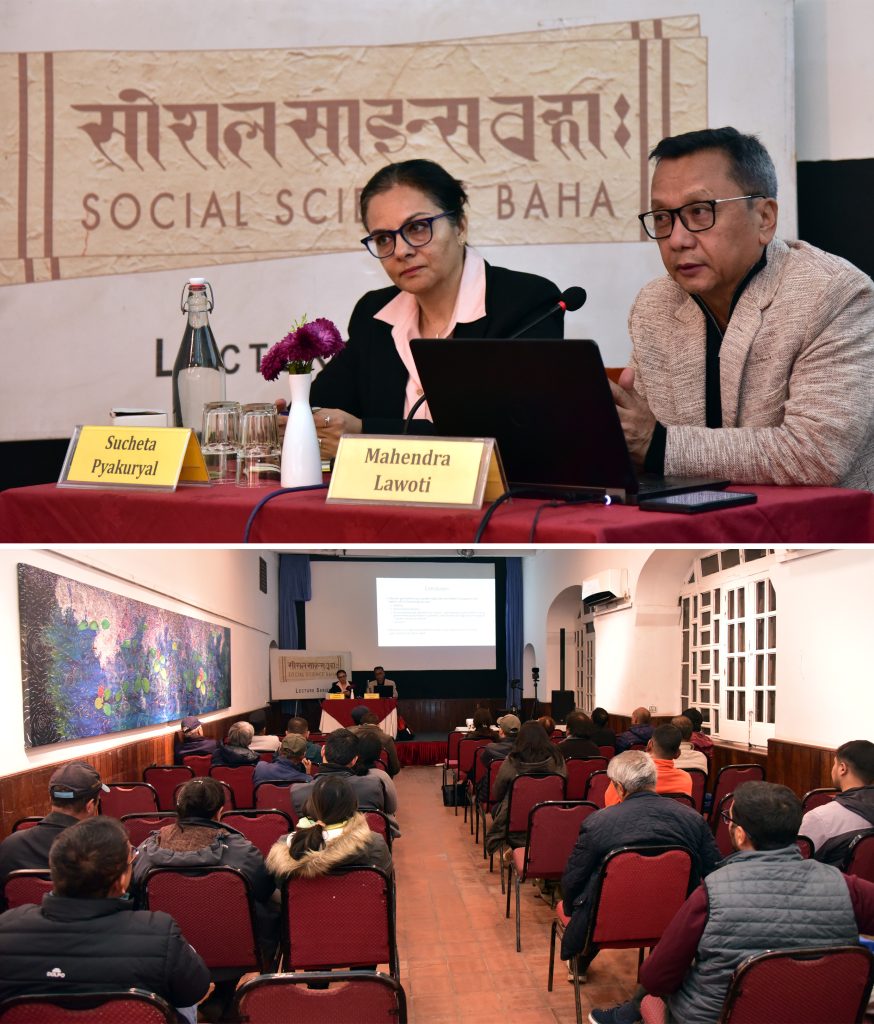Lecture Series
Failure of Westminster Parliamentary and Presidential Systems: Which Executive Type Is Suitable for Nepal?

Mahendra Lawoti
on
Failure of Westminster Parliamentary and Presidential Systems: Which Executive Type Is Suitable for Nepal?
Nepal has witnessed extreme governmental instability, widespread corruption and exclusion while failing to develop under the Westminster-style parliamentary system (WPS). As a result, the WPS is under attack in Nepal and there are calls to adopt a presidential system (PS). However, scholars have shown that all presidential systems have gone through at least one major crisis. The performance of parliamentary systems across the world, on the other hand, is mixed. While Nepalis are very familiar with the WPS, many are rooting for the problematic PS, perhaps without adequate knowledge since it has never been practised in Nepal nor in neighbouring countries.
The lecture will analyse four types of executive systems (WPS, PS, mixed presidential system, and consensus parliamentary system) based on four criteria: stability, delivery/development, accountability/corruption control, and inclusion. The presentation will argue that compared to the other systems, including the winner-take-all WPS, the consensus model of parliamentary system may be the suitable executive type for Nepal to promote stability, prosperity, control corruption and inclusion based on global experience as well as Nepali political culture
To listen or download lecture in audio format
Mahendra Lawoti is Professor of Political Science at Western Michigan University. He previously taught at the University of Pittsburgh and Wake Forest University, and Western Michigan University and published numerous books, articles, book chapters and opinion pieces on democracy and democratization, social, ethnic and nationalist movements and multiculturalism, political institutions and international development. Currently he co-ordinates the Front for Identity, whose aim is to bring together expanded but fragmented identity movements to establish a multicultural welfare state and the rule of law in Nepal.

